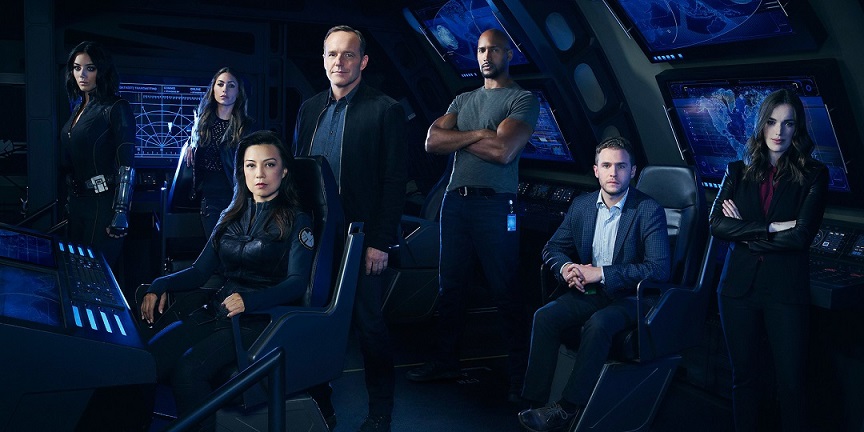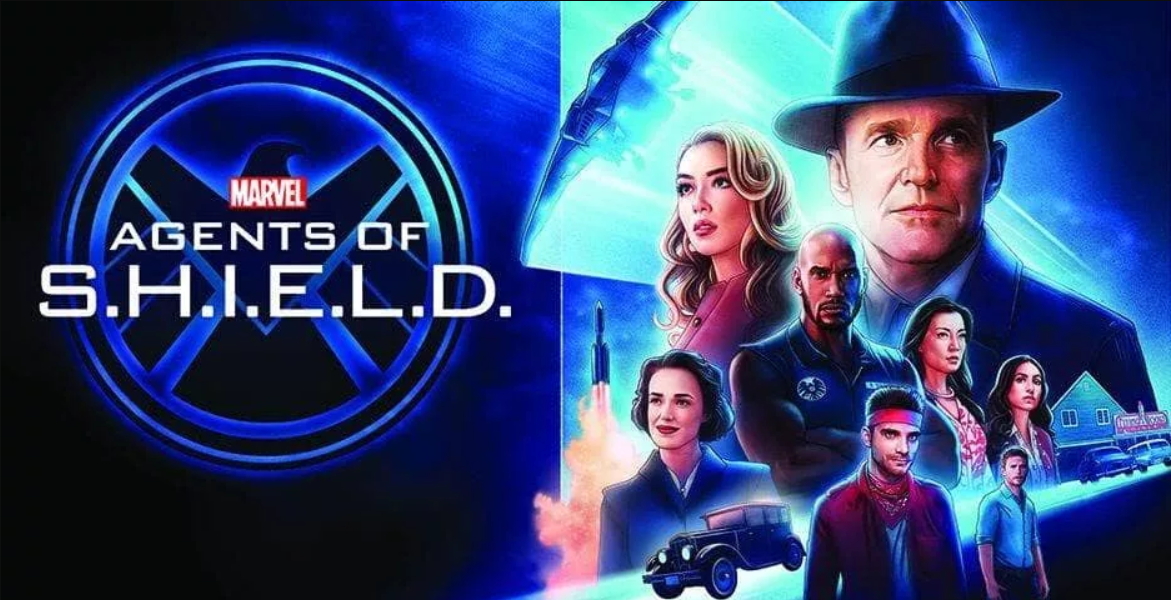
The year was 2013. A year and change after The Avengers changed the game for the film industry. Marvel Studios had gone from uppity newcomers to the juggernaut of Hollywood, and it seemed like they were announcing their intention to conquer TV as well, starting with the unexpected return of recently deceased fan-favourite character Phil Coulson in Agents of SHIELD, created by Avengers writer/director and nerd icon Joss Whedon.
We did not yet know that Marvel Studios and Marvel TV were very different entities, and once Joss Whedon stopped working for either, the connections between the two would suddenly and irrevocably cease. Or that Joss’ ex-wife would publicly air his infidelities, and Ray Fisher would openly complain about his behaviour during the Justice League reshoots, leading to some shit from Buffy coming up, and now liking Joss Whedon is a problem…
So to get past that, we’ll instead credit Agents of SHIELD to its true showrunners, the husband and wife team of Jed Whedon and Maurissa Tancharoen.
Agents of SHIELD was Marvel TV That Was’ first salvo, and it was nearly the last show standing, with its final season airing after Cloak and Dagger, Runaways, and all of Marvel Netflix wrapped up, knowingly or otherwise. So they’d be first in/last out… except that similar to Fox’s X-Men franchise limping across the finish line with the long, long delayed New Mutants, apparently Marvel decided to film and release supernatural series Helstrom despite the fact that the shows based on better known characters it was supposed to be paired with were all cancelled when Kevin Feige shut down Marvel TV. Seriously, everything got shut down, but they still said “Go ahead, do a season of Helstrom.” That show had better not end on a cliffhanger.
In any event, Agents of SHIELD had its work cut out for it. Other than Coulson, the show starred no familiar Marvel names, just a bunch of original characters. The most notable name in the cast had to be Street Fighter and Mulan’s Ming-Na Wen, who is not the household name she goddamn deserves to be. People expected weekly crossovers to the movies, but the movies never ever acknowledged them back. Other than a couple of appearances each from Thor’s Lady Sif, Cobie Smulders as Maria Hill, and Samuel L. Jackson as Nick Fury, for known Marvel characters they were mostly restricted to at best C or D-list villains for the first three years. And because they debuted seven months before Captain America: The Winter Soldier, they weren’t allowed to have a plot until episode 16 or so, meaning that the first season moved at the glacial pace of early Lost and played more like NCIS: Fringe Science than something connected to the Marvel Cinematic Universe. Not only wouldn’t the movies recognize or acknowledge them, neither would other Marvel TV shows, not even the ones on the same network. You were NOT good enough to pretend to be above AOS, Inhumans.
And yet.
And yet.
Somehow despite all of this, despite everything working against them, they managed to be Marvel TV’s longest running and, according to studies, most popular series. And there are reasons for that, and also reasons why it’s always been a middle-of-the-pack show in this blog’s annual rankings… save for the one year it came last because the bar was much higher and their “Oh crap we’re still on the air now what” sixth season couldn’t compete.
The final season of Agents of SHIELD wrapped up recently, in which the Agents found themselves jumping through history, trying to stop a race of robots called Chronicoms from wiping out SHIELD in the past to facilitate their invasion in 2019. And much like The Punisher’s final season allowed us to examine Marvel Netflix as a whole, the final season of Agents of SHIELD shines a light on everything the series did well, and all the places they struggled.
Let’s begin with our core cast, the nobodies who became fan-favourites.
Next Page: The titular agents


One thought on “Agents of SHIELD: Requiem”